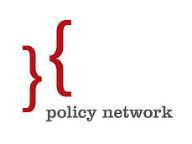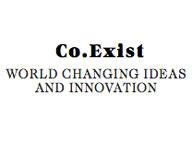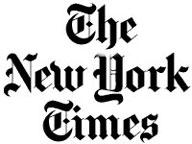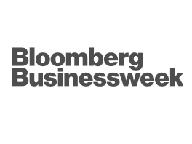Faculty News
—
In an op-ed, Prof. Michael Spence discusses new research showing that battling climate change can help the economy
—

Excerpt from Project Syndicate -- "Scientific evidence has eliminated legitimate doubts about the scale of the risks that climate change poses. Now, the Global Commission’s analysis has largely refuted the economic arguments for inaction. Add to that growing public concern about climate change, and the conditions for decisive action may have arrived."
Faculty News
—

Excerpt from Project Syndicate -- "Scientific evidence has eliminated legitimate doubts about the scale of the risks that climate change poses. Now, the Global Commission’s analysis has largely refuted the economic arguments for inaction. Add to that growing public concern about climate change, and the conditions for decisive action may have arrived."





















